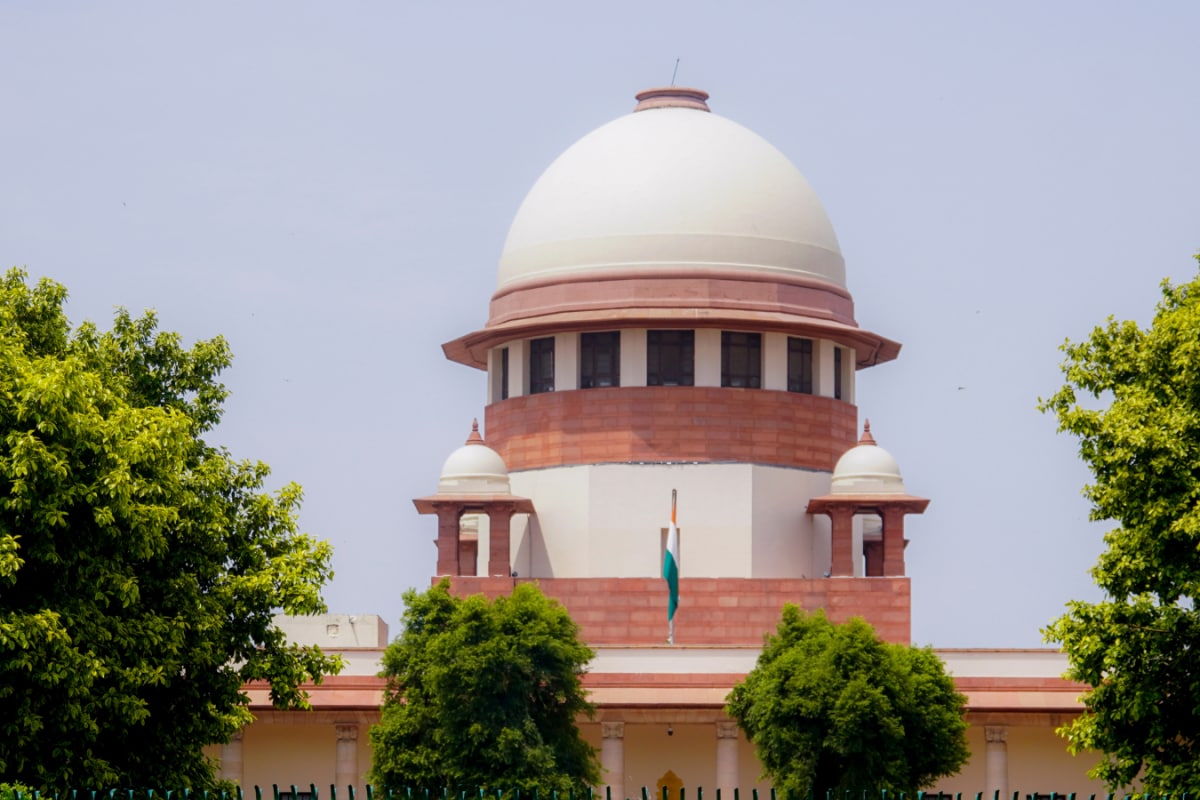Supreme Court Reserves Verdict In Presidential Reference On Timelines For Bills' Assent
National NationalPosted by AI on 2025-09-11 10:11:53 | Last Updated by AI on 2025-09-11 12:59:59
Share: Facebook | Twitter | Whatsapp | Linkedin Visits: 0

The Supreme Court reserved its verdict on President Droupadi Murmu's reference under Article 143 of the Constitution on the timelines for the President and Governors to assent to bills or enactments presented to them. The court heard arguments from the central government and various states on the reference and will provide its verdict at a later date.
The presidential reference comes after the Supreme Court ruled in April of this year that the President's rejection of a bill was invalid as it surpassed the expiration of the constitutional timeline for granting assent. The referral request sought the court's opinion on the constitutional timelines for the President and Governors to assent to laws, as well as the legal implications of violating such timelines.
Various states, including Maharashtra, West Bengal, and Tamil Nadu, argued that the President and Governors should not have unlimited power in withholding assent to bills and that such power could be misused. Conversely, the central government argued that the President and Governors required greater flexibility in considering legislation presented to them, particularly in circumstances where greater clarity or refinement of a bill was necessary. The referral also raised questions about the extent to which the Supreme Court can legally intervene to clarify the scope of constitutional duties and functions of constitutional heads of state.
The Supreme Court's verdict on this reference case will provide valuable clarity on the constitutional timelines for the President and Governors to assent to bills, as well as the legal consequences of any delays in doing so.
Stay tuned for further updates on this important development in Indian politics and constitutional law.
Search
Categories
Recent News
- MotoGP & FIM Suspend MotoE Series After End Of 2025 Season
- Epstein saga: UK PM Keir Starmer sacks Peter Mandelson as US ambassador
- BoB Essential Commodities Index shows deflation, but are gains sustainable?
- Amazon Now launches in Mumbai, ready to battle quick delivery startups
- Chandrababu Naidu prioritises water security with Uttarandhra, Srisailam projects
- Composer Ilaiyaraaja Gifts Goddess Mookambika Temple a Rs 4 Crore Diamond Crown
- The Magic Number: Why Your CIBIL Score Should Be Above 700
- Indian Stock Exchange Updates: Sensex Gaining 123 Points, Nifty at 25,005; Oil & Gas, Bank Shares Shining